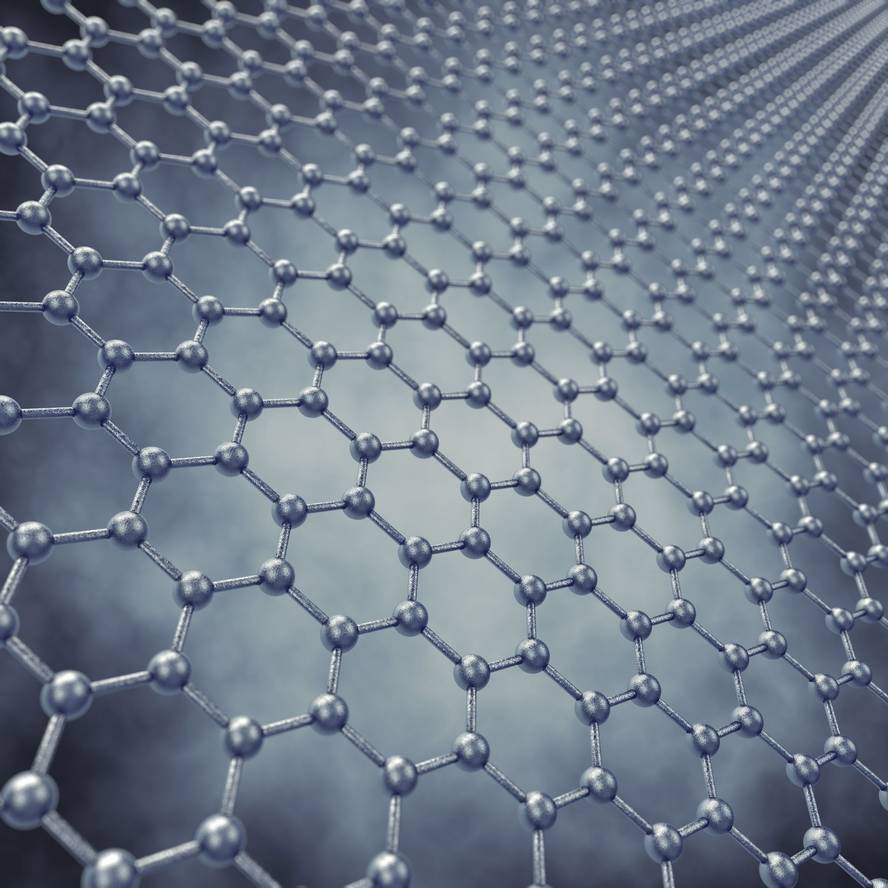A graphene transistor breaks records
Graphene has not disappointed. Theoretical physicists announced that it would serve to make flexible and powerful transistors, and so it has been. The physicists of the University of Texas, who have presented the most sophisticated graphene transistor so far, have broken records: it handles a current density greater than any other transistor, even the greatest potential difference, causing the maximum amplification of measured signal.
It is not the first transistor of this type. The first flexible graphene transistors were performed a year ago at the University of Southampton. They had to overcome a problem, although on graphene the current moves 2,000 times faster than on silicon, since the electronic structure of a single graphene sheet does not allow to turn off and on this current. The team overcame the problem with a structure of two graphene sheets, making a transistor that turns on/off faster than ever before. This would mean a speed in electronic devices.
The University of Texas team has taken another step. The forms of complex electrodes (multi-finger doors) have been created with a dielectric material and have devised the way to create and fix two graphene sheets on them. The entire structure is integrated into a plastic base, so that the resulting transistor, in addition to being protected, has admirable electrical characteristics.
Scientists claim that thanks to protection there is no danger even if the transistor falls into a liquid. This is not the most important feature of the transistor, but devices made with this technology may be liquid-resistant.






